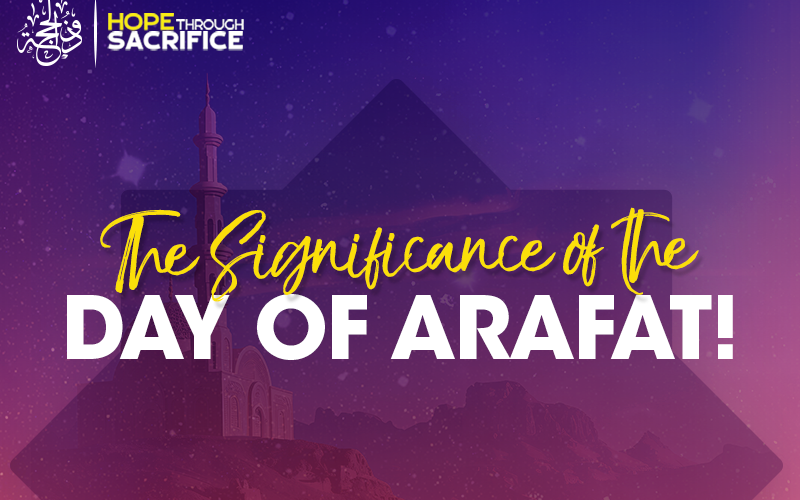The Day of Arafat, observed on the 9th day of Dhul Hijjah, is one of the most significant days in the Islamic calendar. It holds profound historical and spiritual importance for Muslims worldwide. This day marks the pinnacle of the Hajj pilgrimage that takes place during the first days of Dhul Hijjah, where millions of pilgrims gather on the plains of Arafat, near Makkah, to stand in devotion, prayer, and reflection seeking spiritual purification
The Historical Roots of Arafat
The history of Arafat is deeply rooted in Islamic traditions. It is believed that on this day, Allah (SWT) perfected the religion of Islam and completed His blessings upon Prophet Muhammad (SAW) and his followers. The Prophet Muhammad’s (SAW) Farewell Sermon was delivered on the Day of Arafat, emphasizing the core principles of justice, equality, and piety. In his sermon, the Prophet (SAW) proclaimed:
“Today I have perfected for you your religion, and completed My favour upon you, and have chosen for you Islam as your religion.” (Quran 5:3)
This declaration marked a pivotal moment in Islamic history, underscoring the significance of Arafat in the spiritual and social fabric of Islam.
Arafat’s Significance for Pilgrims
For those performing the Hajj Pilgrimage, the significance of Arafat is immense. Standing at the Plain of Arafat is the most critical ritual, symbolising the pinnacle of their spiritual journey. This gathering is a profound moment of supplication, forgiveness, and renewal of faith. Pilgrims spend the day praying, reciting the Quran, and seeking Allah’s (SWT) mercy. The Prophet Muhammad (SAW) said:
“Hajj is Arafat. Whoever reaches the night of Arafat before the dawn of the following day has completed his pilgrimage.” (Tirmidhi)
On this auspicious day, sins are forgiven, and prayers are answered, making it a cornerstone of the Hajj experience.
The Importance of Fasting for Non-Pilgrims
The significance of the Day of Arafat extends beyond those on the spiritual journey of the Hajj Pilgrimage. Muslims who are not performing Hajj can also partake in the blessings of this day through fasting on the Day of Arafat as it is highly recommended and is believed to expiate the sins of the preceding and coming year. This act of devotion is a means of spiritual purification, self-discipline, and a demonstration of solidarity with the pilgrims. The Prophet Muhammad (SAW) said:
“It expiates for the sins of the previous year and of the coming year.” (Muslim)
A Day of Universal Reflection and Devotion
In conclusion, the Day of Arafat is a day of immense spiritual opportunity and reflection. Whether through the physical journey of Hajj Pilgrimage in Dhul Hijjah or the personal commitment of fasting on Arafat, Muslims around the world embrace this day to seek forgiveness, enhance their faith, and draw closer to Allah (SWT). This unified observance underscores the universal message of Islam and its emphasis on compassion, mercy, and devotion.



